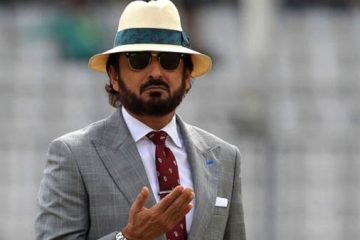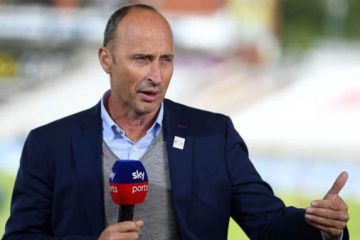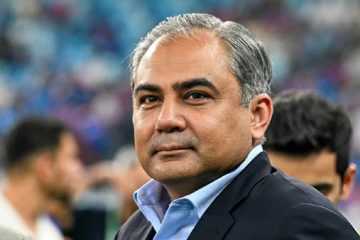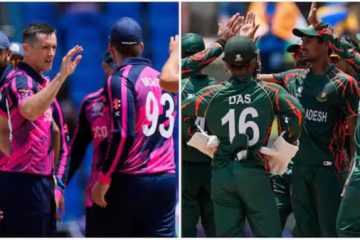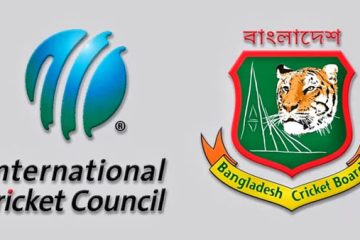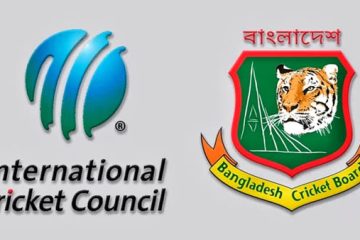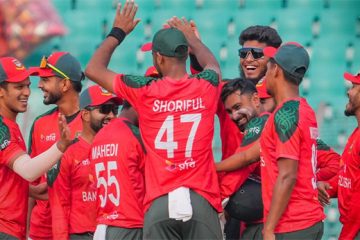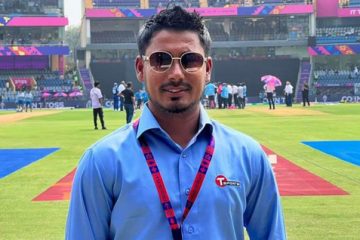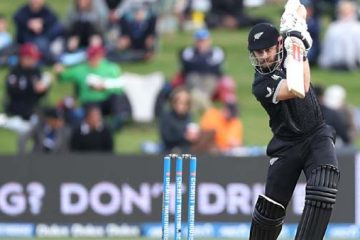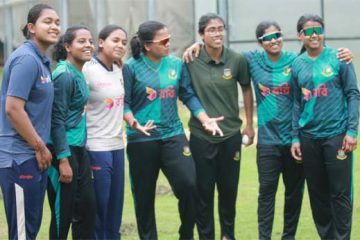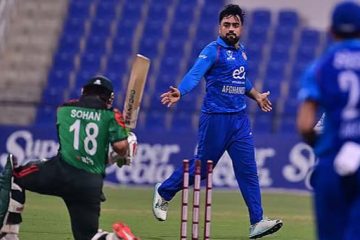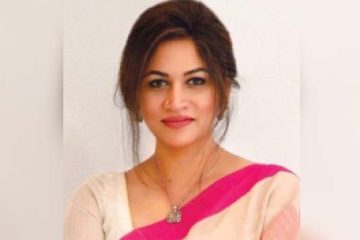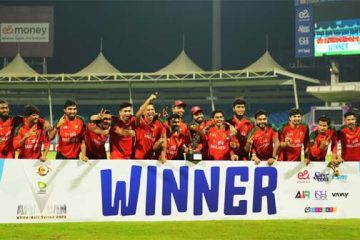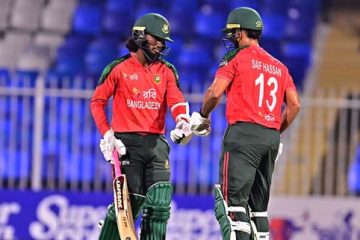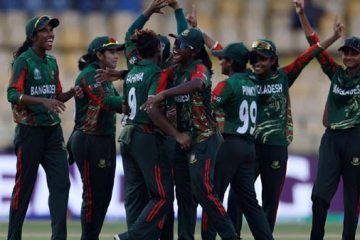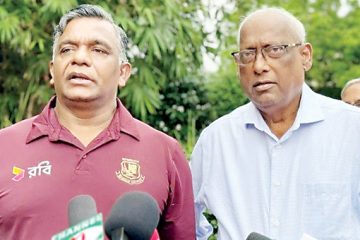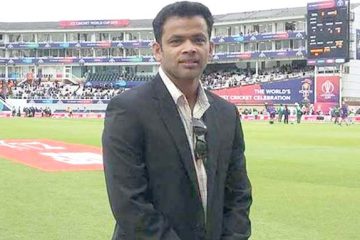The Bangladesh Cricket Board is all set to introduce domestic anti-doping code in the upcoming edition of Bangladesh Premier League, bringing all local players under its purview for the first time in a bid to create a doping free environment in domestic cricket. The domestic anti-doping code’s amended version will be placed in the next board meeting for approval as International Cricket Council asked BCB to do so, especially after their recent success.
In the past only national cricketers had to face dope tests during different international cricket competitions, but other players of the domestic circuit were spared.
Earlier, the BCB also tried to introduce the anti-doping code but could not do so because of perennial uncertainly over the schedule of domestic competitions.
‘We will try to implement it in any of our first-class competition though the plan has not been chalked out yet. But we will definitely introduce it in the BPL,’ BCB chief executive Nizamuddin Chowdhury told New Age.
The anti-doping code will now allow the BCB officials to examine any cricketer at any stage of a domestic cricket competition.
The board will employ an anti-doping unit that will monitor each game and whenever they have any suspicions about any player they will take his urine sample for the dope test, said the officials.
There may be a random test and a player can be chosen randomly for providing sample that will be transferred to National Anti-Doping Organisation for tests.
NADO will send the samples to any of the accredited anti-doping testing laboratory.
In the approved doping code it has been defined that the occurrence of one or more anti-doping rule violations and the presence of a prohibited substance or its metabolites or marks in a player’s urine sample will make a player guilty.
Any kind of steroid, cough syrup ephedrine related medicines, stimulating drugs that can enhance muscle power along with several other drugs are often considered as prohibited specified substances.
Under the code all prohibited substances shall be considered as ‘specified substances’ except substances in the class of anabolic agents and hormones and those stimulants and hormone antagonists and modulators so identified on the prohibited list.
‘The result management is the key area as we are not accustomed to this system,’ said BCB physician Debashish Chowdhury.
‘As it will no longer remain simply a medical issue if anyone is tested positive, we would like to appoint a legal team to address the issue on case basis.
‘The result management would be the critical part of the whole process as even if a player is tested positive, he has a chance to appeal,’ he said.
On August 27, the ICC anti-doping manager Venessa Hobkirk held a meeting with the national cricketers to brief them about anti-doping code of conduct.
It was learnt that the national players were asked to avoid herbal and homeopathic medicines along with supplementary medicines.
‘In allopathic medicines all the ingredients are written down but in the other two groups it is not the case, so it becomes difficult for players to judge whether there are any dope substance in it or not,’ said Debashish.
Several national cricketers complained that it looks to be very complicated to them as they are not sure whether they are using dope substance or not in time of crisis.
‘Suppose someone had a migraine and he is suffering than he won’t wait to get the approval of the doctor before taking medicine to get relief,’ asked a cricketer.
‘There can be a dope substance in any medicine, how can we know that and all of a sudden we will get into trouble without knowing,’ he said.
Debashish also added that, players might be granted permission to use one or more prohibited substances or prohibited methods for therapeutic reasons in the circumstances set out in international standard for therapeutic use exemptions.
-With New Age input

